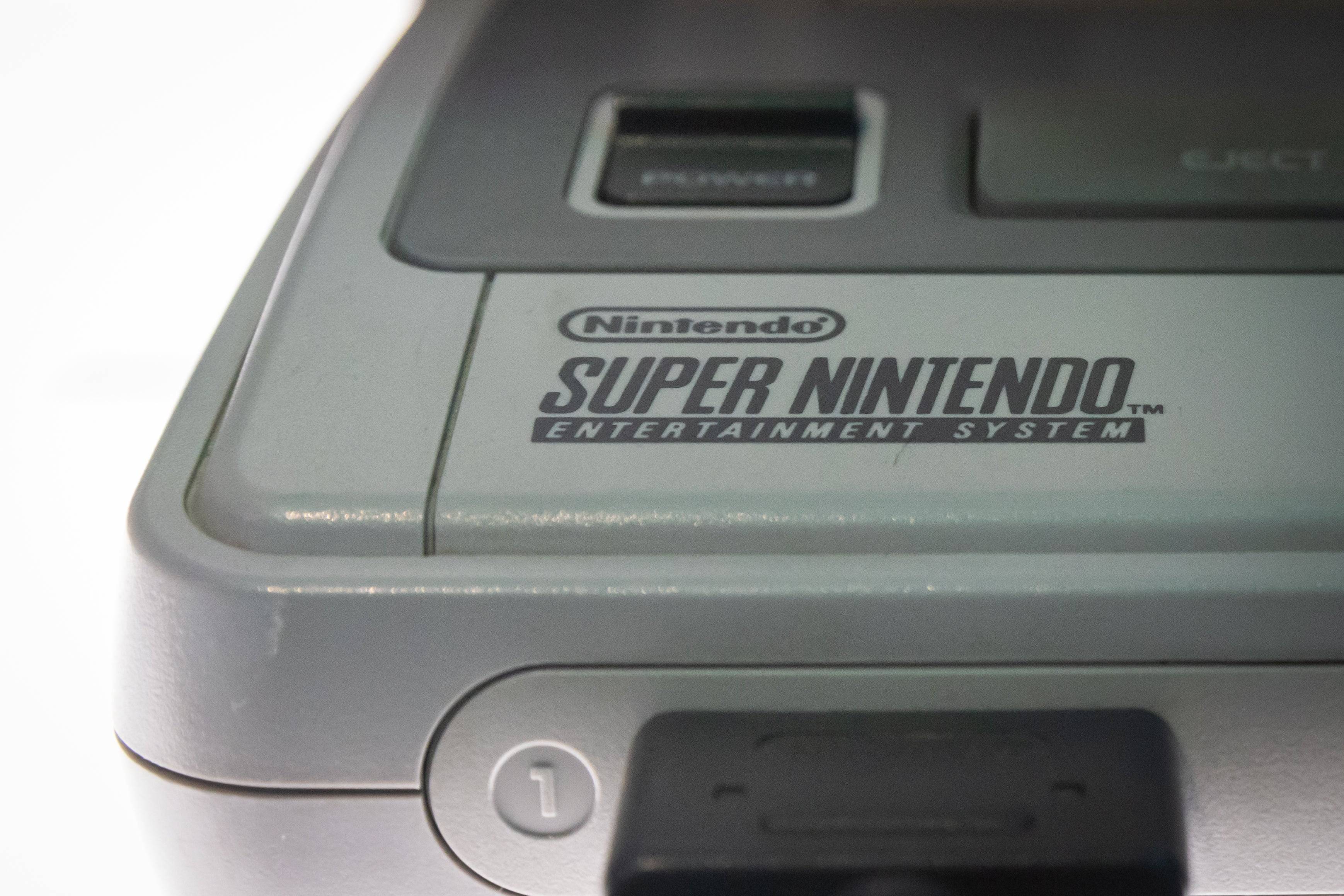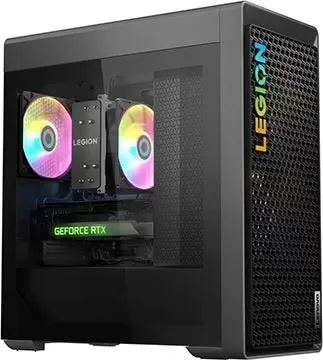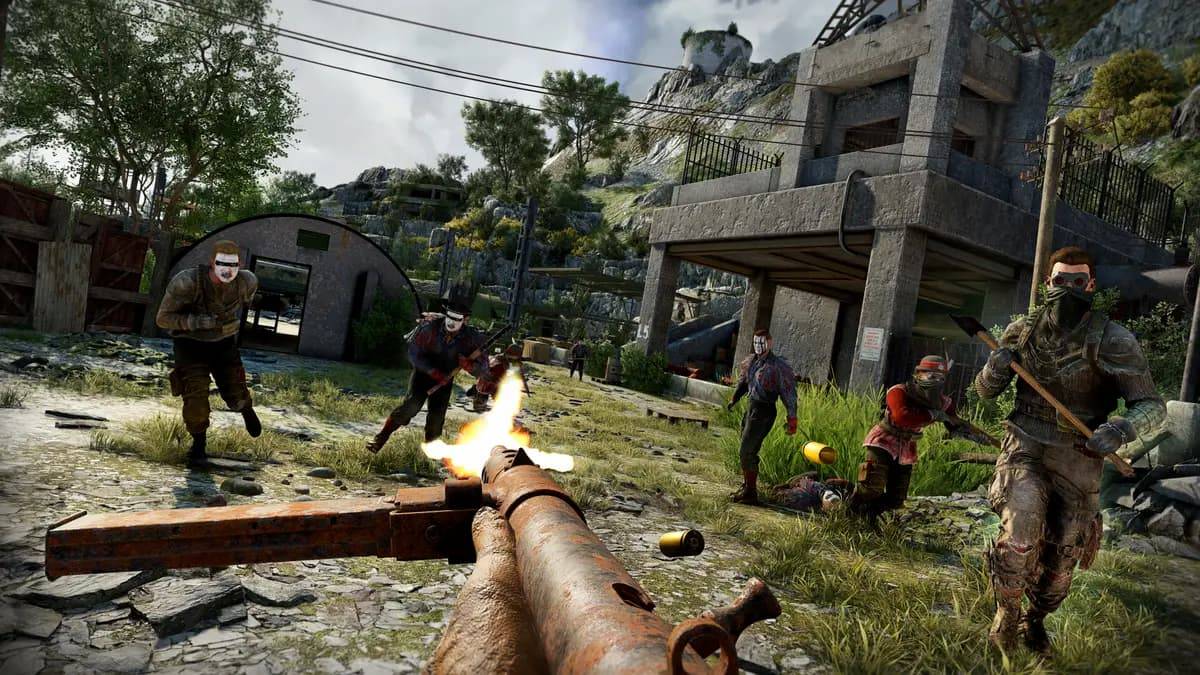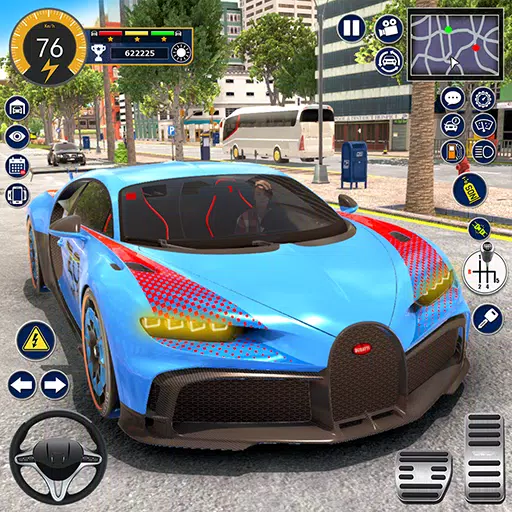The speedrunning community is buzzing with excitement and curiosity over a strange phenomenon that seems to be making the Super Nintendo Entertainment System (SNES) run games faster as it ages. In early February, Alan Cecil, known as @tas.bot on Bluesky, alerted the gaming world to this surprising development. According to Cecil, the nearly 50 million SNES units sold worldwide might be performing better now than when they first rolled off the production lines in the 1990s. This unexpected boost could potentially enhance gameplay in classics like Super Mario World, Super Metroid, and Star Fox.
The notion of a gaming console improving its performance over time might sound far-fetched, but Cecil's research points to a specific component that could be responsible: the SNES's audio processing unit (APU) SPC700. Official Nintendo specs indicate that the SPC700 operates at a digital signal processing (DSP) rate of 32,000Hz, controlled by a 24.576MHz ceramic resonator. However, retro gaming enthusiasts have noticed that these rates can vary based on environmental factors like temperature, affecting the console's audio processing and, consequently, its game speed.

Cecil's investigation took a deeper turn when he asked SNES owners to contribute data regarding their consoles. With over 140 responses, the results showed a clear trend: the DSP rates have been increasing over time. Previously documented average DSP numbers from 2007 were around 32,040Hz, but Cecil's recent findings elevate this to 32,076Hz. While temperature does influence these rates, it doesn't account for the significant increase observed. It appears that the SNES is indeed processing audio faster as the years pass.
In a follow-up post on Bluesky, Cecil shared detailed data: "Based on 143 responses, the SNES DSP rate averages 32,076Hz, rising 8Hz from cold to warm. Warm DSP rates go from 31,965 to 32,182Hz, a 217Hz range. Therefore, temperature is less significant. Why? How does it affect games? We do not know. Yet."
Despite these intriguing findings, Cecil acknowledges that more research is needed to understand fully how much faster the SNES is processing game audio and what the underlying cause might be. Historical data from the console's early years is scarce, making it challenging to draw definitive conclusions. Nevertheless, as the SNES nears its 35th anniversary, it seems to be aging remarkably well.
The speedrunning community is particularly interested in how this phenomenon might affect their records. If the SPC700 is processing audio faster, it could theoretically shorten load times and impact game performance. However, the impact on actual game speed is not straightforward. Even under the most extreme conditions suggested by these new findings, the difference might only be less than a second in an average speedrun. The extent to which different games might benefit from these changes is still up for debate, and there's no clear indication of how much longer speedruns could be affected.
As Cecil continues his research into what makes the SNES tick, the console is seemingly thriving in its 30s. For more on the SNES's legacy, you can check out its ranking on the list of best-selling consoles of all time.






























